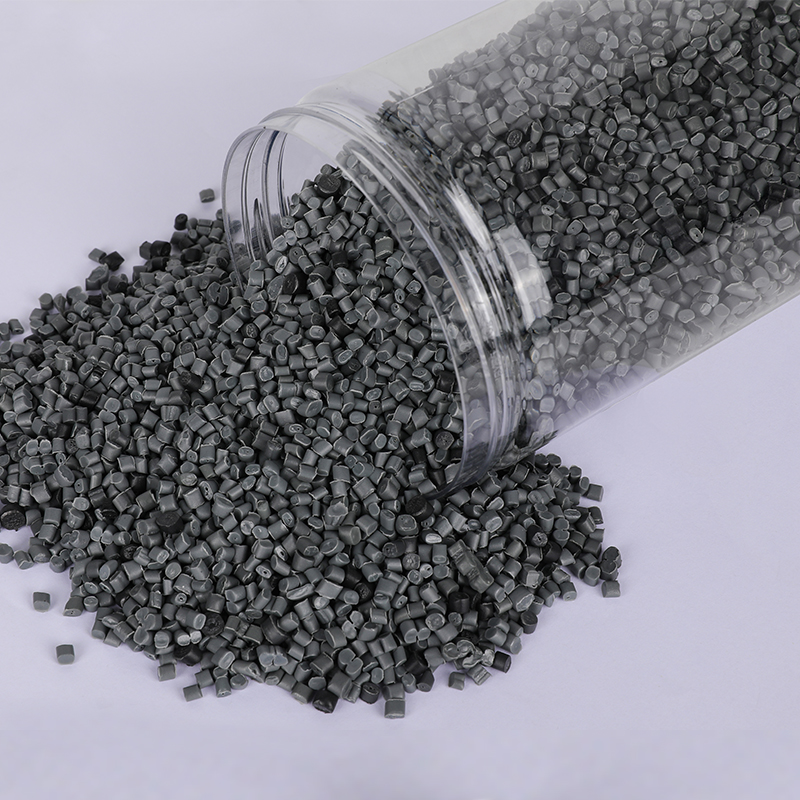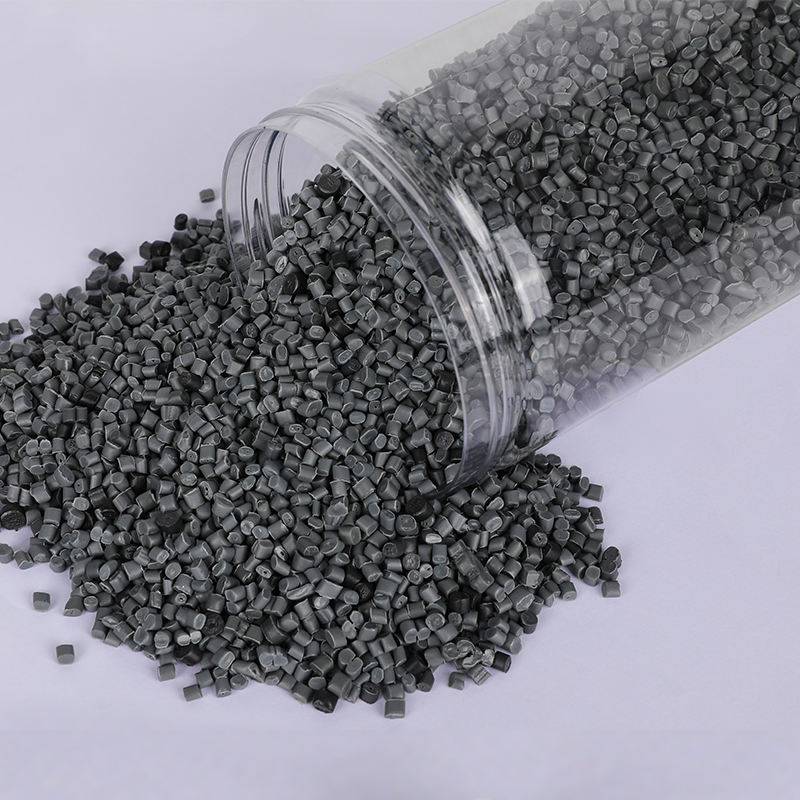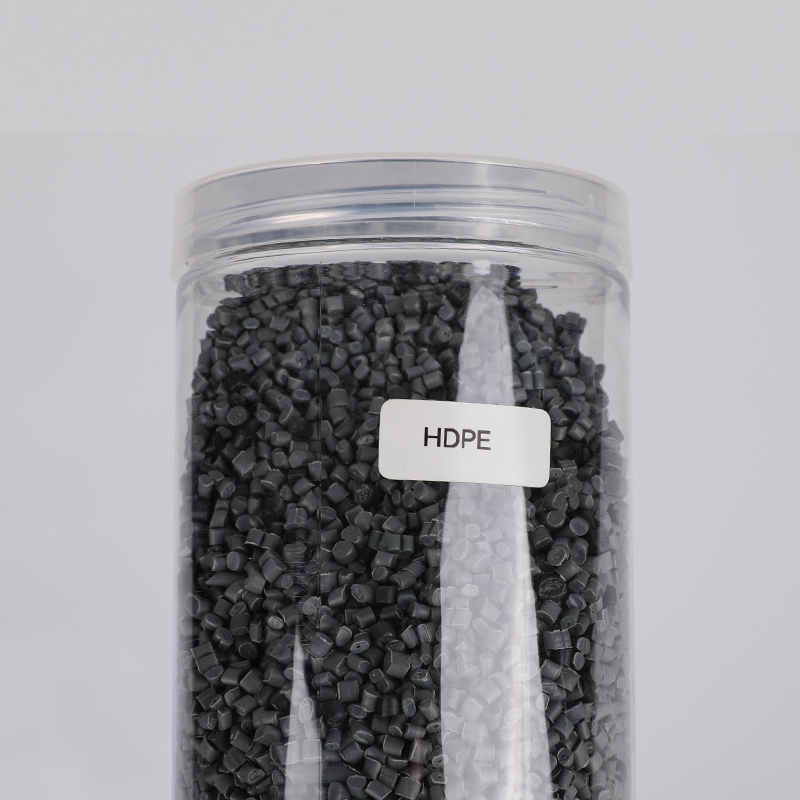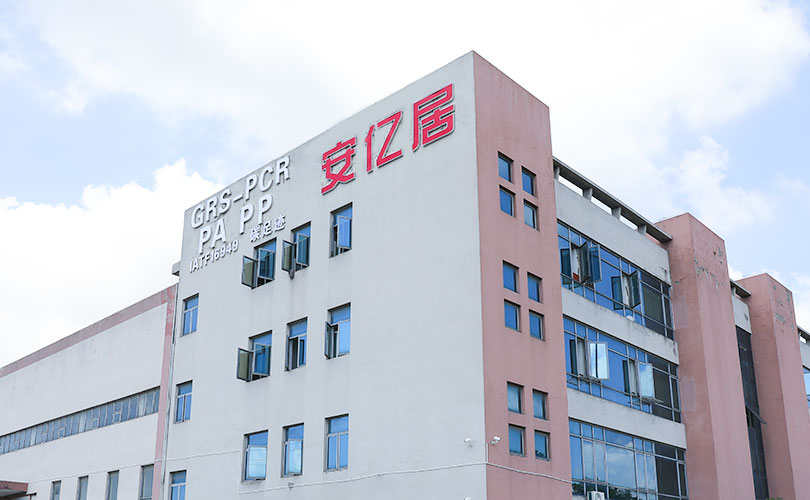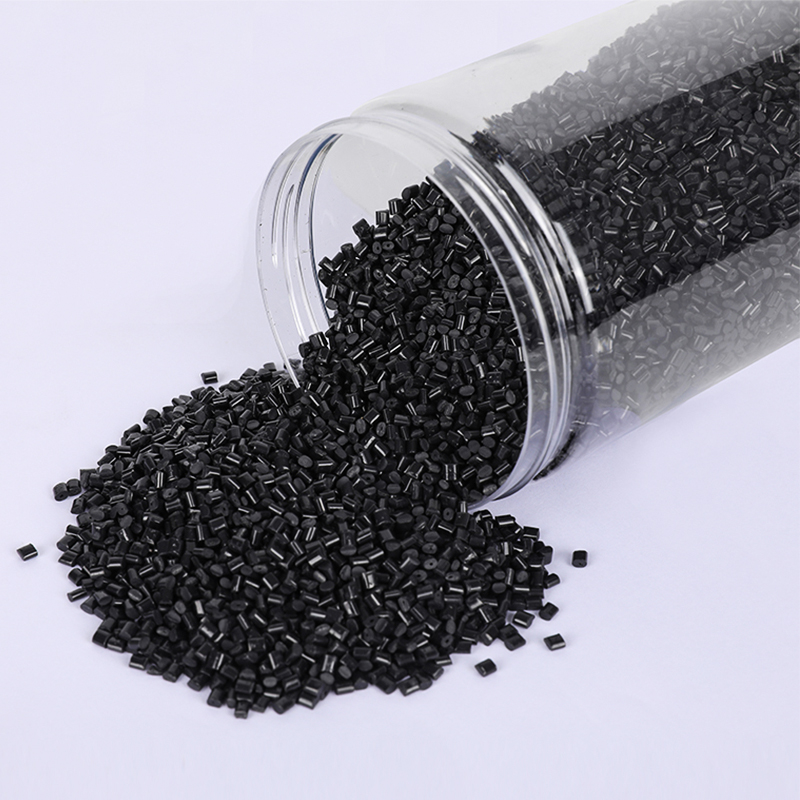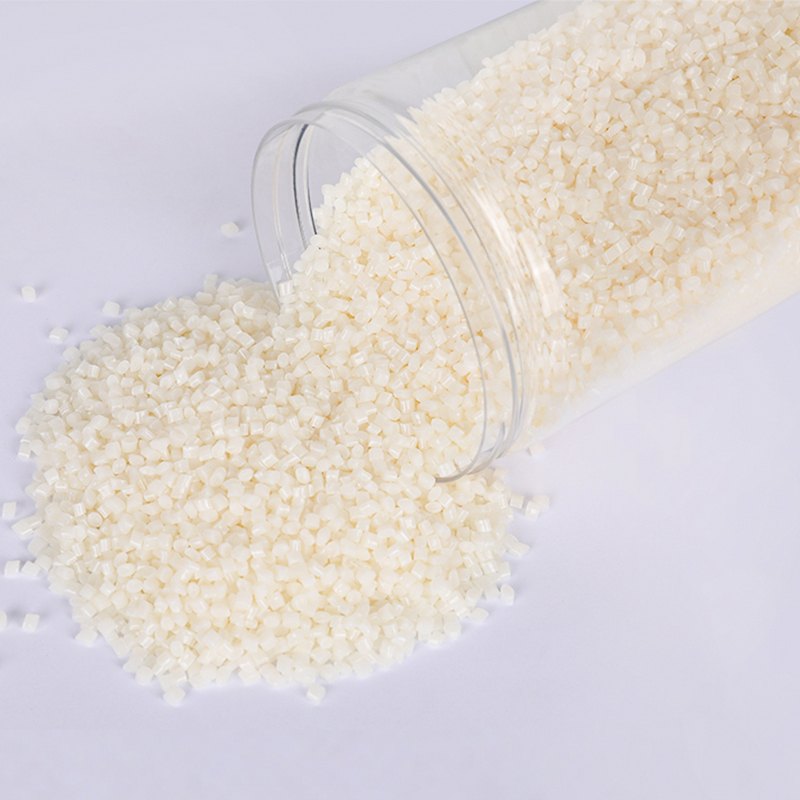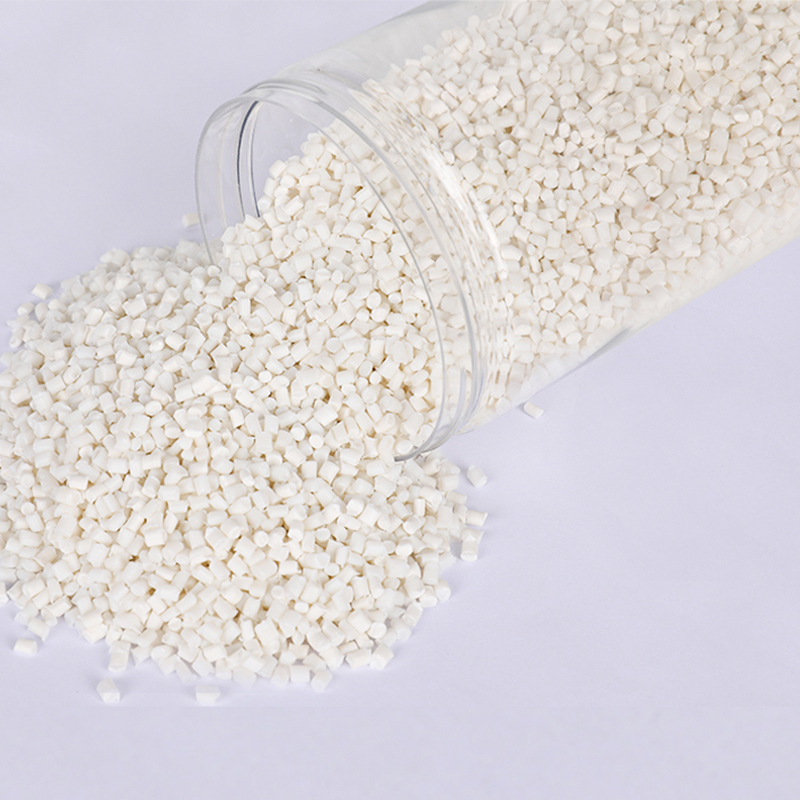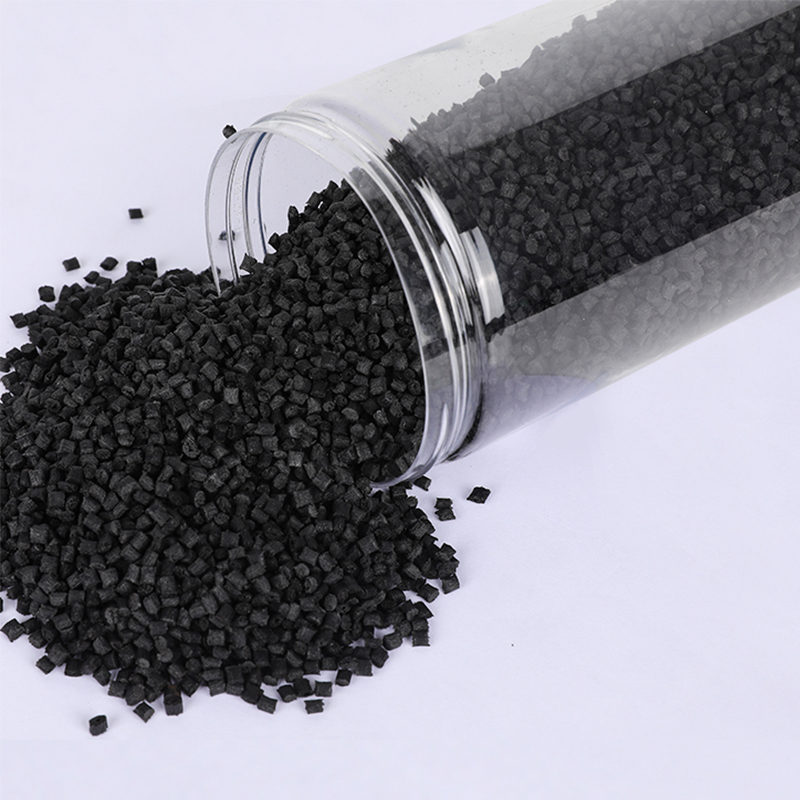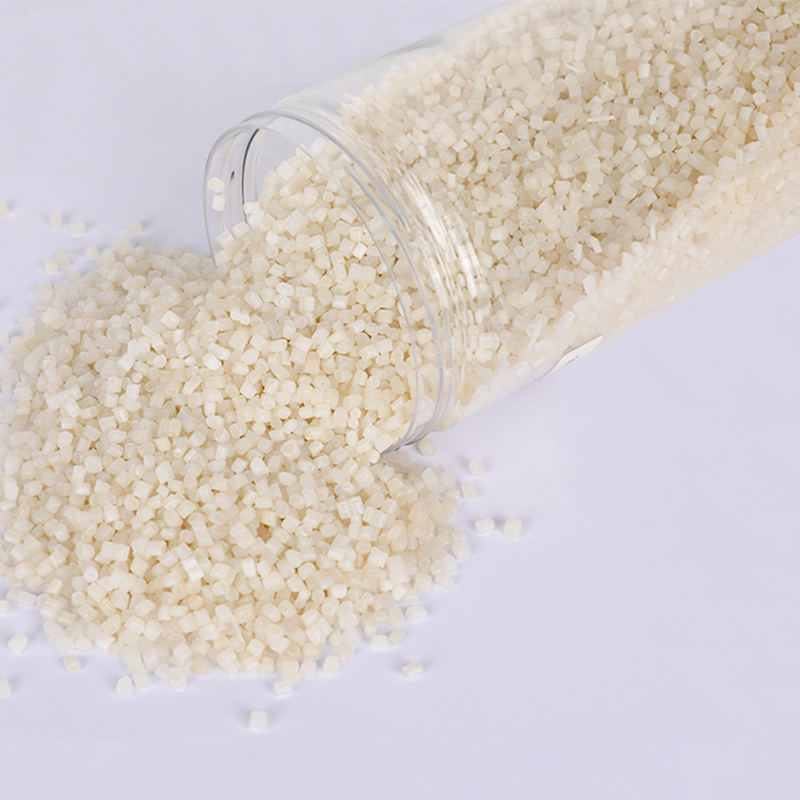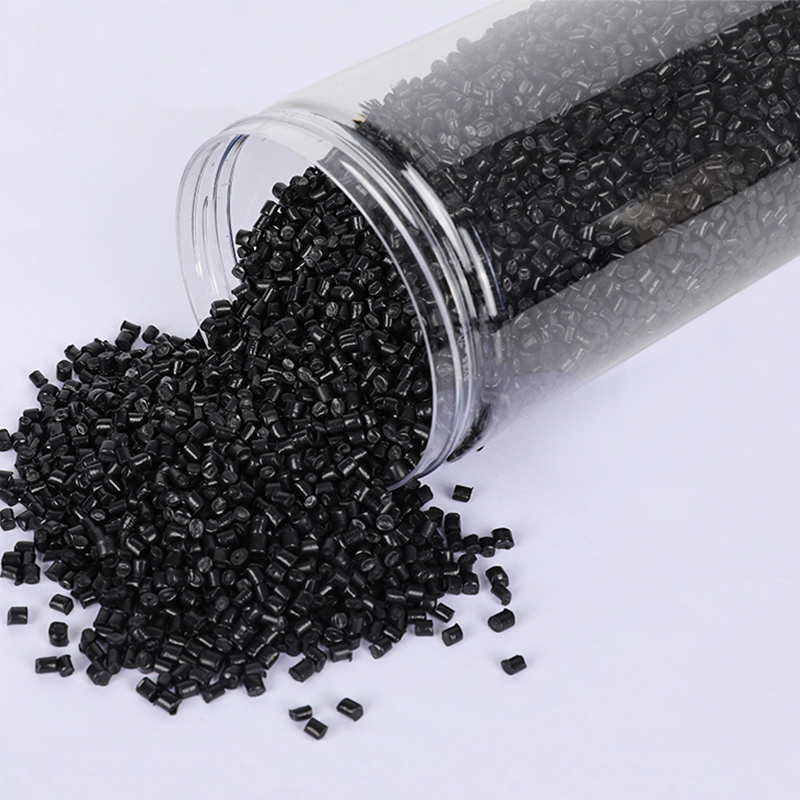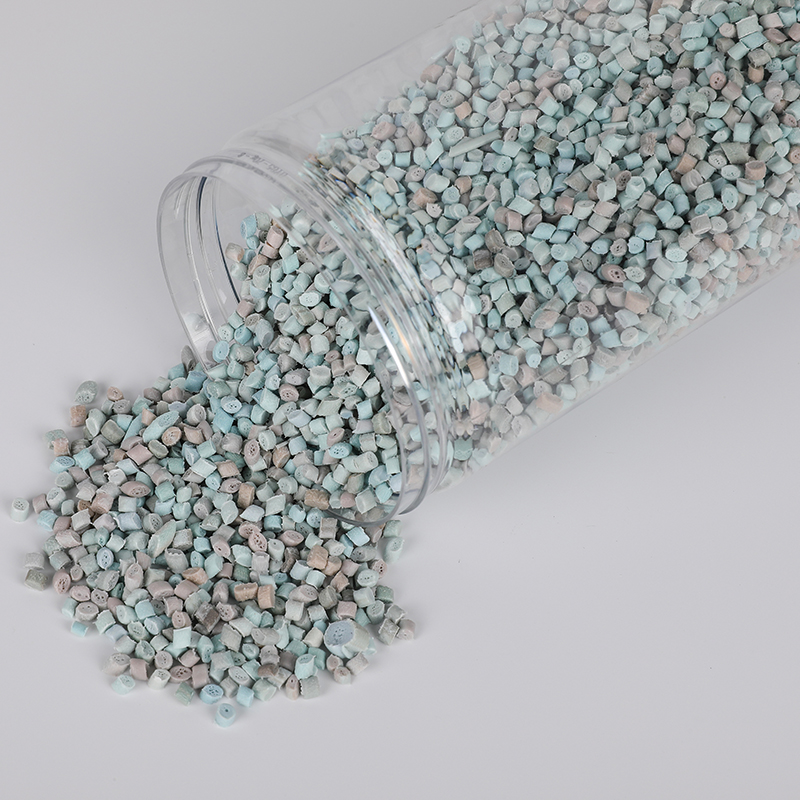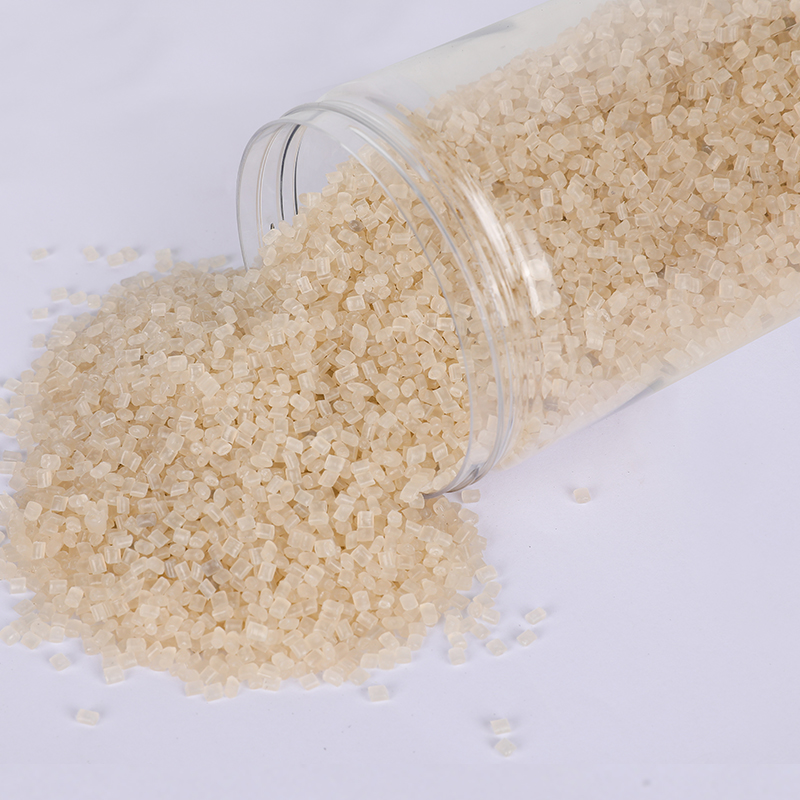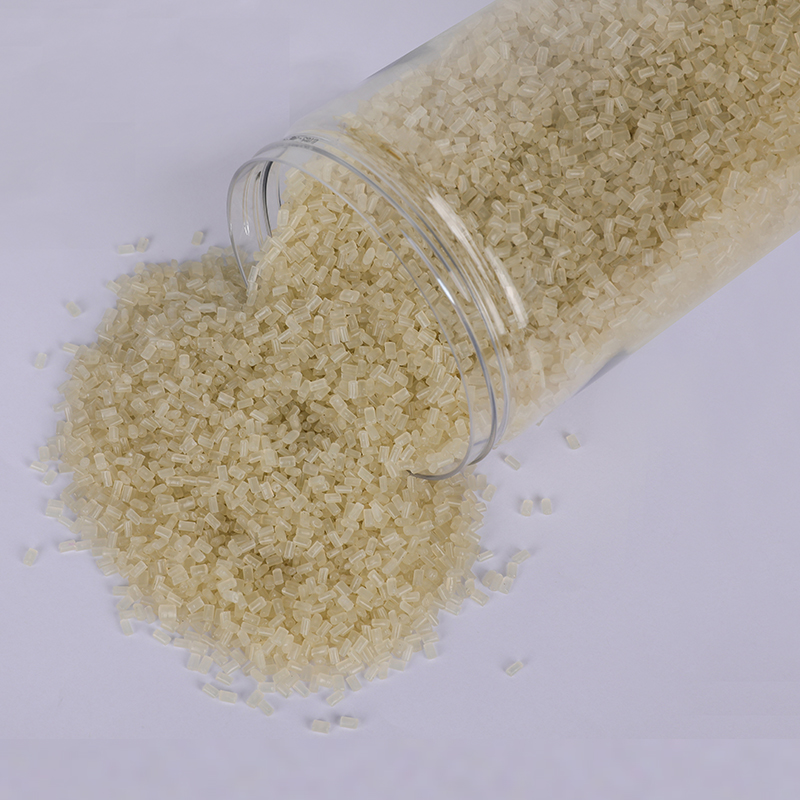The processing characteristics of
recycled polyethylene (PE) resin can differ from virgin PE due to factors such as the source of recycled material, the recycling process used, and the presence of contaminants. Here are some general considerations when comparing the processing characteristics of recycled PE resin to virgin PE:
Melt Flow Index (MFI):
The Melt Flow Index (MFI) is a measure of how easily a molten polymer can be processed. Recycled PE may have a different MFI compared to virgin PE. Manufacturers often work to adjust the MFI of recycled PE to match the requirements of specific processing methods.
Contaminant Levels:
Recycled PE may contain contaminants or impurities not present in virgin PE. The presence of contaminants can affect the material's processing characteristics, including flow, temperature stability, and the ability to achieve consistent properties.
Material Homogeneity:
Achieving homogeneity in the material is crucial for consistent processing. Recycled PE might exhibit variations in material properties and composition, affecting its homogeneity compared to the more consistent nature of virgin PE.
Degradation and Chain Length:
Through recycling processes, the molecular chain length of polymers can be affected. Recycled PE might have shorter polymer chains or undergo some level of degradation during the recycling process, potentially influencing properties like strength and elongation.
Thermal Stability:
The thermal stability of recycled PE can be influenced by the exposure to heat during the recycling process. Recycled PE may exhibit different thermal properties compared to virgin PE, affecting its behavior during processing, especially in high-temperature applications like injection molding.
Color Variations:
Recycled PE may have variations in color due to the diverse sources of recycled material. This can be a consideration for applications where color consistency is critical.
Processing Temperatures:
The temperature at which recycled PE resin processes may differ from that of virgin PE. Adjustments in processing temperatures may be necessary to accommodate the specific characteristics of recycled material.
Additives and Modifiers:
The presence of additives and modifiers in recycled PE may differ from virgin PE. These additives can affect the material's behavior during processing and its final properties.
Injection Molding and Extrusion Behavior:
Recycled PE may exhibit different behaviors during injection molding or extrusion processes compared to virgin PE. Adjustments in processing parameters may be needed to achieve optimal results.
Quality Control Challenges:
Quality control challenges may arise in recycled materials due to variations in input streams and the potential for contaminants. Manufacturers may need to implement stringent quality control measures to ensure consistent product quality.
It's important to note that advancements in recycling technologies and processing techniques are continually being made to improve the performance and consistency of recycled PE resin. Manufacturers often work closely with recycled material suppliers to optimize processing conditions and address any challenges associated with using recycled PE in various applications.

 简体中文
简体中文 English
English